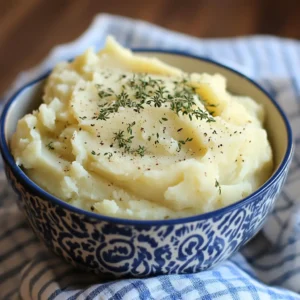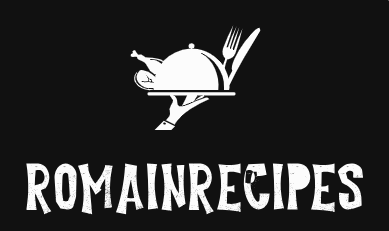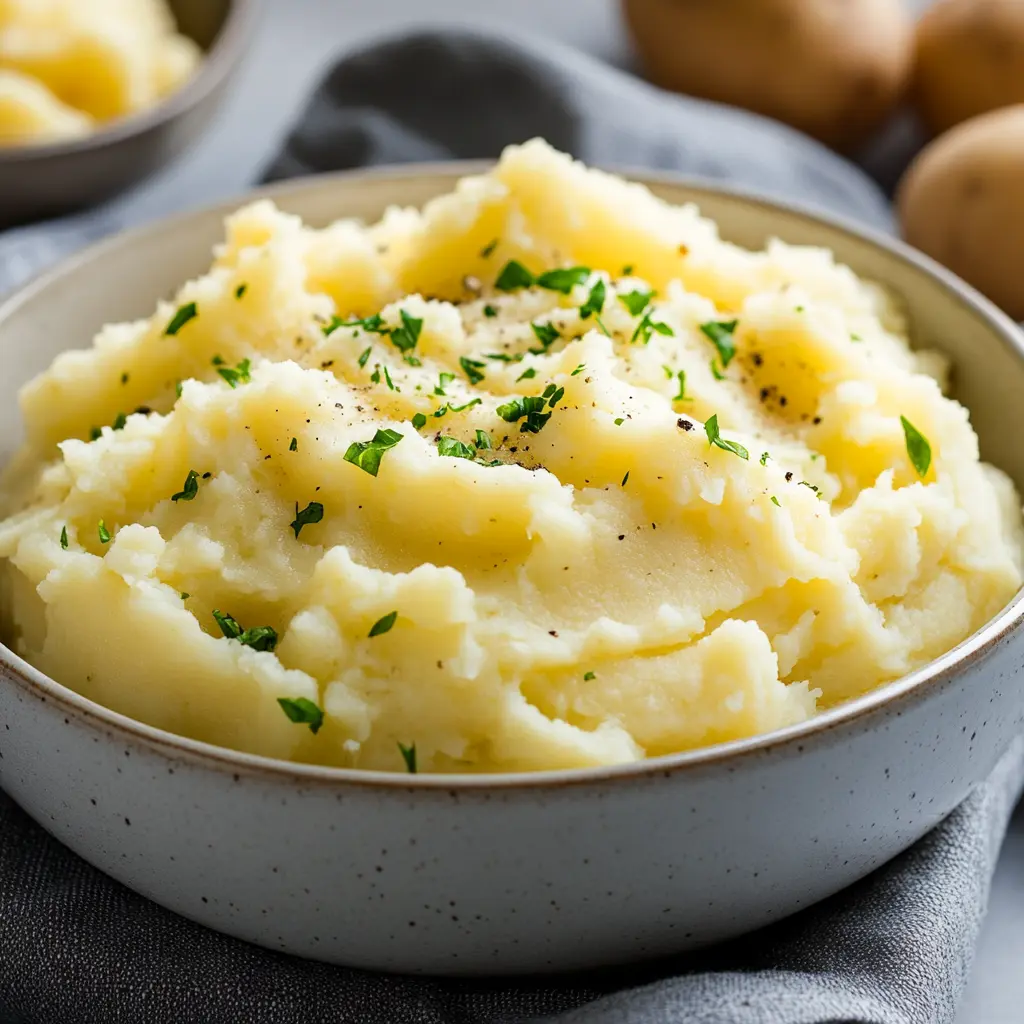Mashed potatoes are a staple side dish that can elevate any meal. Whether you’re serving them for a holiday feast or a simple family dinner, perfect mashed potatoes are creamy, fluffy, and loaded with flavor. In this article, we’ll take you through each step of making the best mashed potatoes you’ve ever had, using simple ingredients and pro techniques that ensure they turn out flawless every time.
Ingredients for Perfect Mashed Potatoes
To make the most flavorful and creamy mashed potatoes, you’ll need to gather these essential ingredients:
- 2 pounds of Yukon Gold or Russet potatoes (peeled and cut into chunks)
- 4 tablespoons of unsalted butter (room temperature)
- ½ cup of whole milk or heavy cream (warmed)
- Salt (to taste)
- Freshly ground black pepper (to taste)
- Optional: Garlic cloves, chives, or sour cream for added flavor
Choosing the Right Potatoes
The type of potato you use is critical for achieving the perfect texture. Yukon Gold and Russet potatoes are the best options for mashed potatoes. Yukon Gold potatoes are naturally buttery and creamy, while Russets are starchier, resulting in a fluffier mash. Combining the two varieties can yield the ultimate mashed potatoes.
- Yukon Gold Potatoes: Known for their creamy texture and naturally rich flavor, they work beautifully for smoother, buttery mashed potatoes.
- Russet Potatoes: These potatoes have a high starch content and low moisture, which leads to fluffier and lighter mashed potatoes. They’re perfect if you prefer a bit of airiness in your mash.
The Best Method to Cook Potatoes
The way you cook your potatoes can make or break your mashed potatoes. The goal is to keep the potatoes tender but not waterlogged. Here’s the best method:
- Peel and cut your potatoes into even chunks to ensure they cook evenly.
- Boil water in a large pot and season it generously with salt.
- Add the potatoes to the boiling water, and reduce the heat to a simmer. Cook them for about 15–20 minutes, or until they’re easily pierced with a fork.
- Drain the potatoes thoroughly, allowing any excess moisture to evaporate. Moisture is the enemy of creamy mashed potatoes, so it’s important to let the potatoes dry out slightly before mashing.
The Secret to Creamy Mashed Potatoes
Achieving that creamy, melt-in-your-mouth texture comes down to how you mash your potatoes and the ingredients you incorporate. Follow these tips:
- Warm your dairy: Cold butter and milk can cool the potatoes down, making them more difficult to mash smoothly. Warm your butter and milk before adding them to the potatoes to maintain the heat and texture.
- Don’t overwork the potatoes: Over-mashing can release too much starch, resulting in a gluey texture. Use a potato masher or a ricer for light and fluffy potatoes. Avoid using an electric mixer or food processor, as these tools can overwork the potatoes.
Step-by-Step Instructions for Creamy Mashed Potatoes
- Mash the potatoes: Once drained, return the potatoes to the pot and mash them using a potato masher or ricer. Mash until there are no lumps.
- Add the butter: Slowly add the room-temperature butter, a few tablespoons at a time, mashing it into the potatoes until fully incorporated.
- Pour in the warm milk or cream: Gradually add the warm milk or cream, stirring until you reach your desired consistency. Some prefer their mashed potatoes to be slightly chunky, while others enjoy a perfectly smooth texture.
- Season to taste: Add salt and pepper to taste. For an extra burst of flavor, you can mix in garlic, chives, or a dollop of sour cream.
Flavor Variations to Elevate Your Mashed Potatoes
For those looking to enhance the flavor of their mashed potatoes, consider the following creative variations:
- Garlic Mashed Potatoes: Add roasted garlic or sautéed garlic to the mix. Simply roast a few cloves of garlic in the oven until soft and golden, then mash them into the potatoes for a rich, savory kick.
- Cheesy Mashed Potatoes: Stir in grated cheddar cheese, Parmesan, or cream cheese for a decadent, cheesy twist.
- Herb Mashed Potatoes: Add fresh herbs like thyme, rosemary, or parsley for a fresh, earthy flavor. Chives are also a popular choice, lending a mild onion taste that complements the richness of the potatoes.
- Sour Cream and Chive Mashed Potatoes: Incorporate a few tablespoons of sour cream and freshly chopped chives for tangy, restaurant-style mashed potatoes.
Tips for Making the Best Mashed Potatoes Every Time

- Salt your water generously: Potatoes absorb water as they cook, so seasoning your cooking water ensures that your mashed potatoes are well-seasoned from the inside out.
- Don’t rush the mashing process: Take your time mashing the potatoes to get the right consistency without overworking them.
- Warm your ingredients: Cold butter and milk can give the mashed potatoes a grainy texture. Make sure all your ingredients are warm to help them blend seamlessly.
- Use a potato ricer for super-smooth potatoes: If you want perfectly smooth, restaurant-quality mashed potatoes, a ricer is your best friend. It gently presses the potatoes, breaking them down without releasing excess starch.
Serving and Storing Mashed Potatoes
Once your mashed potatoes are creamy and seasoned to perfection, it’s time to serve them. Mashed potatoes pair well with almost any main dish, from roasted meats to vegetable medleys. To keep them warm until serving:
- Cover the pot with a lid or transfer the mashed potatoes to a slow cooker set to “warm” mode.
- If you need to make them ahead of time, mashed potatoes can be stored in the refrigerator for up to three days. Reheat them over low heat, stirring occasionally, and add a bit of milk or butter if they dry out during storage.
How to Freeze Mashed Potatoes
Yes, you can freeze mashed potatoes! To do this:
- Let the mashed potatoes cool completely.
- Scoop them into an airtight container or freezer-safe bag.
- Store in the freezer for up to three months.
- To reheat, simply thaw in the refrigerator overnight and warm on the stovetop or in the oven. Add a splash of milk or butter if needed to restore their creamy consistency.
Conclusion
Making the perfect mashed potatoes doesn’t have to be a complicated process. With the right type of potatoes, careful cooking, and a few simple tips, you can create fluffy, creamy mashed potatoes every time. Whether you’re serving them for a weeknight dinner or a holiday feast, these mashed potatoes are sure to be a crowd-pleaser.

